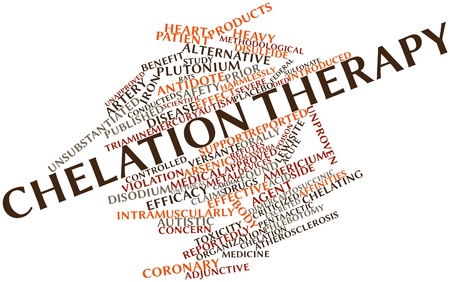
Our bodies come into contact with toxins every day, and most of them are relatively harmless to the human body simply because the body automatically flushes it from the system. However, there are some compounds, such as heavy metals, that do not flush from the system naturally. For these issues, chelation therapy is necessary. It can also be useful for other conditions. Here’s what chelation therapy is and what it can be used for.
What Chelation Therapy Is
Chelation therapy is an intravenous therapy that removes heavy metals and other substances from the body. It is made up of special chemicals that are designed to bond to metals in the blood. They are then flushed from the body through your urine. It can be done very quickly in an afternoon appointment.
Chelation Therapy for Metals
We come into contact with heavy metals in many areas of our lives. Old buildings built before 1970 may contain lead paint, which can cause lead to build up in the system. You can also encounter lead in old antique toys.
Mercury is another metal that builds up in the blood. Most people get significant amounts of mercury in their blood due to the mercury fillings that were commonly in use by dentists up until just the last few years. You can also get too much mercury in your blood through eating too much fish, as it also contains mercury.
Chelation therapy removes both of these metals from the blood, improving your health and heading off potential medical conditions. It can also remove arsenic from the blood, which is much less common.
Chelation Therapy for Other Conditions
Another condition that chelation therapy may improve is heart disease. Heart disease is caused by plaque buildup in the arteries that prevents blood from flowing properly. This plaque contains calcium. The calcium in your arteries binds to the chemicals in the chelation therapy and are flushed out through your urine in the same way as the heavy metals. This can improve your condition and reduce the risk of heart attack or stroke.
If you are interested in trying chelation therapy for your treatment, contact us today for more information or to schedule your appointment.
- The Connection Between Headaches and Hormones - April 21, 2024
- Foods to Avoid if You Suffer From IBS - March 23, 2024
- 8 Tips for Maintaining a Healthy Lifestyle - March 15, 2024

